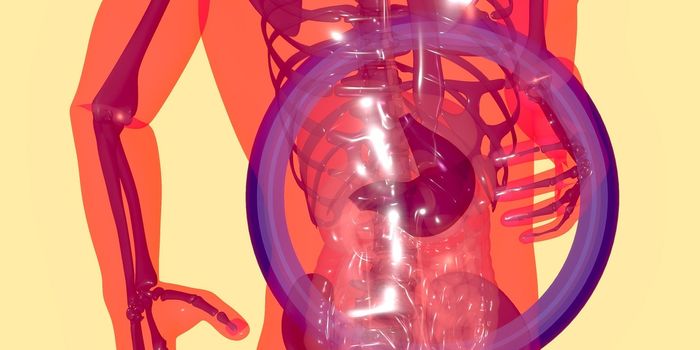Pancreatic Cancer Detection? There's a Selfie App for That!
Steve Jobs, the late co-founder and CEO of Apple, would have been intrigued by a new app that researchers say can detect an early sign of pancreatic cancer, the very disease that took Jobs’ life.
The app is called BiliScreen, and it may be the first of its kind – a diagnostic selfie app. Developed by researchers at the University of Washington, BiliScreen is so named because it uses computer vision algorithms to analyze a person’s eyes for increased bilirubin levels.
One of the more common early symptoms of pancreatic cancer is jaundice, the yellowing of the skin and eyes. Jaundice is caused by the buildup of bilirubin, a yellow-brown substance produced by the liver as part of bile. Sometimes, with a diseased pancreas, the common bile duct is blocked and bile can’t reach its destination, the intestines. This blockage leads to the buildup of bilirubin in the body, which manifests as jaundice. Jaundice can also occur in the later stages of pancreatic cancer, because as the disease advances out of the pancreas into the liver, the bile process can also be affected.
While blood tests can quantify levels of bilirubin, this method is invasive and has to be done by a medical professional. Furthermore, if people aren’t coming in for regular checkups, they may not know to ask for a bilirubin blood test.
The eyes have it
Based on these clinical observations, the research team engineered an app that can detect whether a person’s eyes have higher bilirubin levels than normal. In theory, all a person would need is a smartphone that can take their selfie. The app would do the rest – alerting them to seek medical care if their eyes show more yellow than normal.
“The eyes are a really interesting gateway into the body ― tears can tell you how much glucose you have, sclera can tell you how much bilirubin is in your blood,” said Shwetak Patel, the study’s senior author.
In an early trial of 70 people, researchers show the app can correctly identify “cases for concern” in almost 90 percent of the time, as compared to traditional bilirubin blood tests.
“The problem with pancreatic cancer is that by the time you’re symptomatic, it’s frequently too late,” said lead author Alex Mariakakis, a doctoral student at the Paul G. Allen School of Computer Science & Engineering. “The hope is that if people can do this simple test once a month—in the privacy of their own homes—some might catch the disease early enough to undergo treatment that could save their lives.”
So far, the app requires users to wear special glasses or a 3D-printed light-controlling box that normalizes the eyes’ exposure to light. The team wants to optimize further and reduce the need for these extra add-ons.
“This relatively small initial study shows the technology has promise,” said Jim Taylor, a study co-author whose father died of pancreatic cancer at age 70. “Pancreatic cancer is a terrible disease with no effective screening right now. Our goal is to have more people who are unfortunate enough to get pancreatic cancer to be fortunate enough to catch it in time to have surgery that gives them a better chance of survival.”
Perpetuating the ‘WebMD syndrome’?
Although the premise of a cancer-detecting app is extremely enticing, some researchers remain skeptical. In particular, skeptics point out that jaundice of the eyes is a very common symptom in many other diseases, which may not be related to pancreatic cancer. As such, the app could lead to undue stress and even overdiagnosis.
“There’s no evidence that this app can accurately pick up cases of pancreatic cancer, especially since jaundice can also be a sign of many other health conditions. Technology such as this would need to go through much larger clinical trials before we know whether it has the potential to be a useful and reliable too,” per the Cancer Research UK.
The app’s creators acknowledged these concerns.
“A lot of people might be familiar with WebMD syndrome where people will think they have some sort of symptom, they look online, and all of the sudden, they think they might have a very serious condition. And so they go to their doctor very worried,” said Mariakakis. “Our app and many other mobile diagnostic apps could perpetuate that because not only are we telling people they might have the condition but we are giving them data to support that. So we want to be very careful about how we present these kinds of results to people.”
Additional sources: University of Washington, Fierce Biotech









